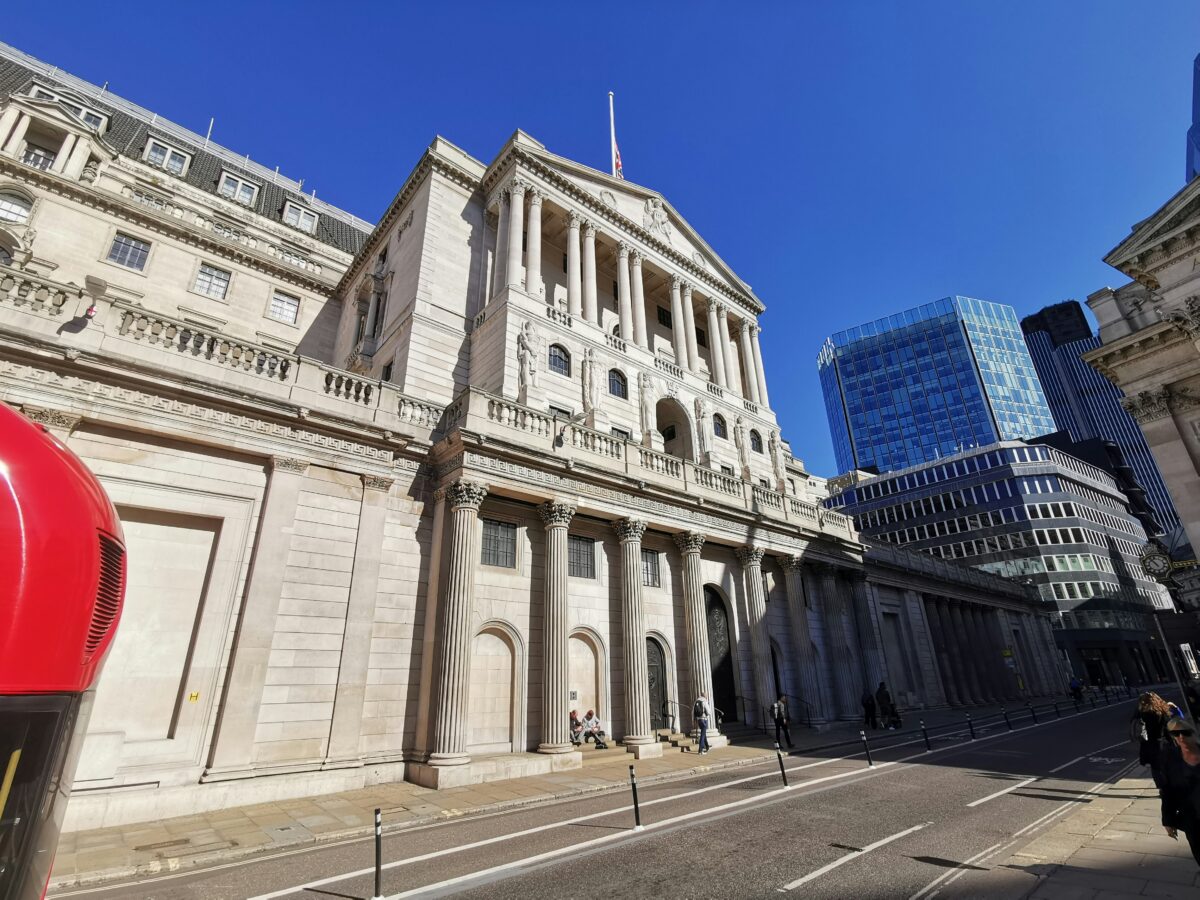By Ben Gilbert, Model Portfolio Manager, Sarasin & Partners
It has been a ruthless year for asset allocators, with accelerating inflation and its consequences – from interest rate hikes to increased recession risks – triggering an undifferentiated sell-off across all major asset classes. Equities endured the worst beginning to a year since the 1970s, while fixed income encountered its first bear market – referring to falls equal to or greater than 20% – in more than three decades.
By the end of Q3 2022, three parallel bear markets had emerged in entirely different assets: during the first nine months of the year the S&P 500 fell 25%, the yen/US dollar rate saw a 20% drop, and the copper price sank 23%. Even gilts witnessed a severe correction to the tune of 30%, while more speculative assets such as bitcoin have been hurt dramatically, breaching 60% declines.
Apart from 1994, it is hard to remember a global market downturn that has left so few places to hide, with only the greenback offering investors protection over recent weeks. Amid the much murkier investment outlook, investors can no longer expect markets to passively drive returns in the way they may have done in the past. Asset allocators must accordingly become highly selective and take a rigorous approach to risk management to ensure portfolios remain resilient over the coming years.
Caution is key
Over the past three quarters we rebalanced our model portfolios on six occasions – twice the number of times we would usually adjust our asset allocation over the same period. Given that heightened market turbulence is likely to persist for the remainder of the year and into 2023, it is prudent that investors exercise caution, opting for minimal risk exposure and increased weightings towards defensive assets across portfolios.
We remain underweight global, European and emerging market equities as we enter the closing stage of 2022. While equity valuations have returned to much more compelling levels in recent weeks, the accelerated tightening of monetary policy across western economies risks further compression of equity valuations. The expectation that global growth will slow materially over the coming years also poses a considerable threat to the outlook for corporate earnings.
However, many leading global companies are financially robust, with banks in particular boasting near-record reserves – in sharp contrast to the 2008 global financial crisis. Despite the challenging economic backdrop corporate earnings have also been surprisingly resilient and dividend flows remain prodigious. As such, our equity exposure is tilted towards defensive, dividend paying stocks that offer greater potential for insulation against macroeconomic uncertainty.
Aside from our tactically elevated cash position, we are also bolstering portfolio resilience through an overweight allocation to alternative assets, such as infrastructure and renewables – which should offer inflation-linked returns – as well as diversified hedge funds that tend to perform best in more volatile market conditions and can generate returns with low correlations to equity and bond market returns.
Backing bonds
We expect a UK recession, which could be longer than average but relatively mild, with the downturn cushioned by Covid-era savings and low unemployment rates across the country. Focusing on portfolio protection against downside risks will be key moving forward, but at the same time a compelling opportunity may be emerging in fixed income.
While we remain underweight bonds overall, we see increasing value in UK investment grade corporate bonds – particularly from issuers in less cyclical or global industries. UK investment grade credit offers decade-high yields and price momentum is now decidedly positive, with the most compelling risk-reward proposition in shorter (sub-10-year) maturities.
As such, the asset class is just beginning to make a case for itself again in portfolios, after a long period of being unattractive. We have subsequently taken our first steps towards putting some risk back into portfolios, moving to neutral in high-quality corporate bonds. Beyond that, we will likely invest more capital into global thematic equities when we feel the timing is right.






